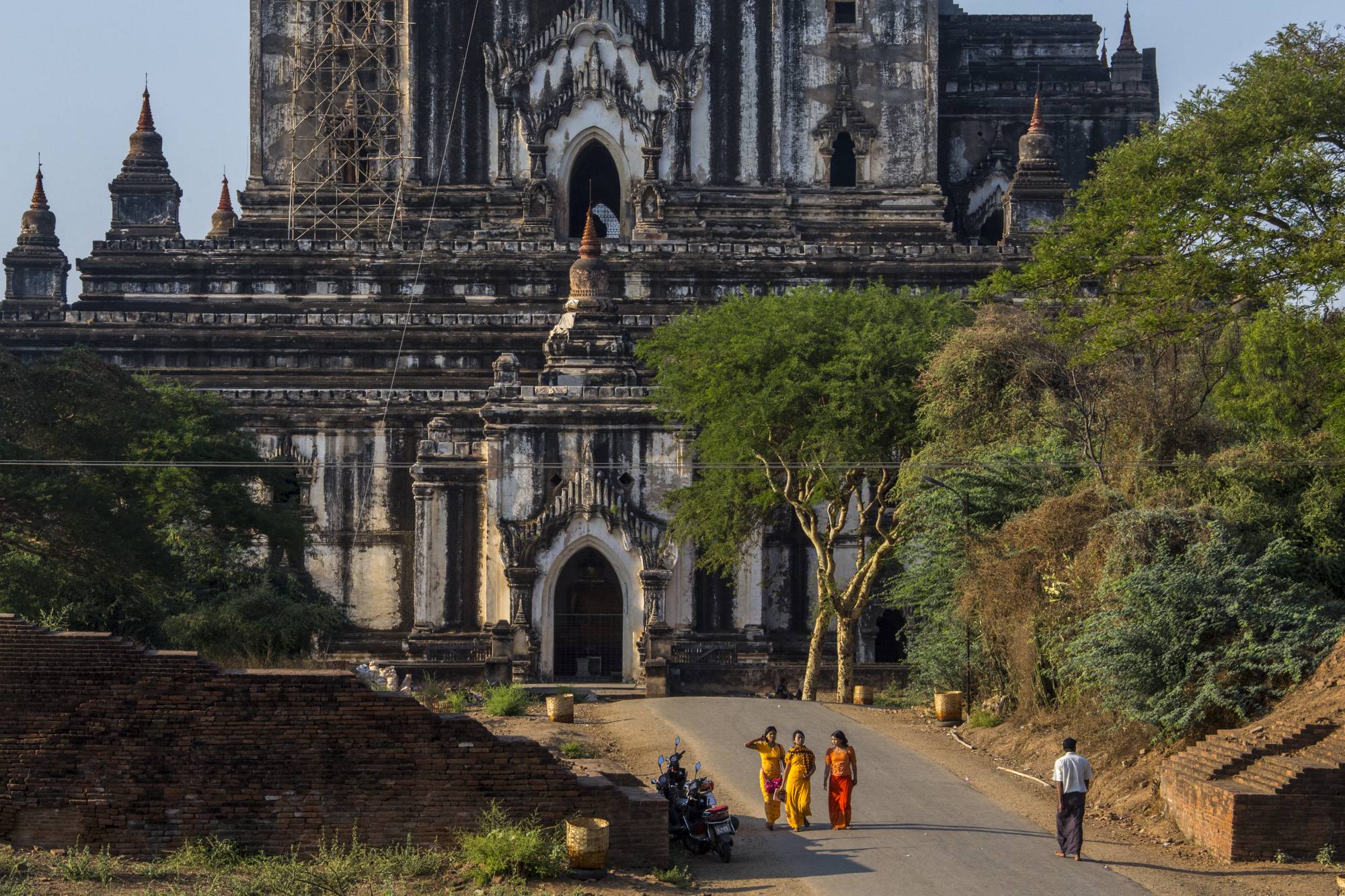Three years ago, the Kyaw Thaung family partied at the Pegu Club. The venerable Burmese Irish clan had restored the teak-lined establishment to its 19th-century glory, evoking the days when gin-sipping colonialists ruled. The Pegu Club project befitted the family’s East-meets-West positioning and the optimism of a country newly engaging with the world.
Amid periodic power cuts in the rest of Yangon, Myanmar, the Kyaw Thaungs danced and sipped Champagne among the new elite, including young entrepreneurs returned from exile, bejeweled daughters of generals, and even former political prisoners suddenly responsible for attracting foreign investment to the latest frontier market.
As Myanmar’s military dictators ended decades of isolationism, the Kyaw Thaungs seemed to embody the perfect mix: an august family with a long history of charitable giving that was committed to the kind of business reforms needed to coax a corrupt, closed country into the global economy. But the main source of the family fortune, purported vaguely to be from property and import-export companies, was concealed behind a facade.


















With your current subscription plan you can comment on stories. However, before writing your first comment, please create a display name in the Profile section of your subscriber account page.